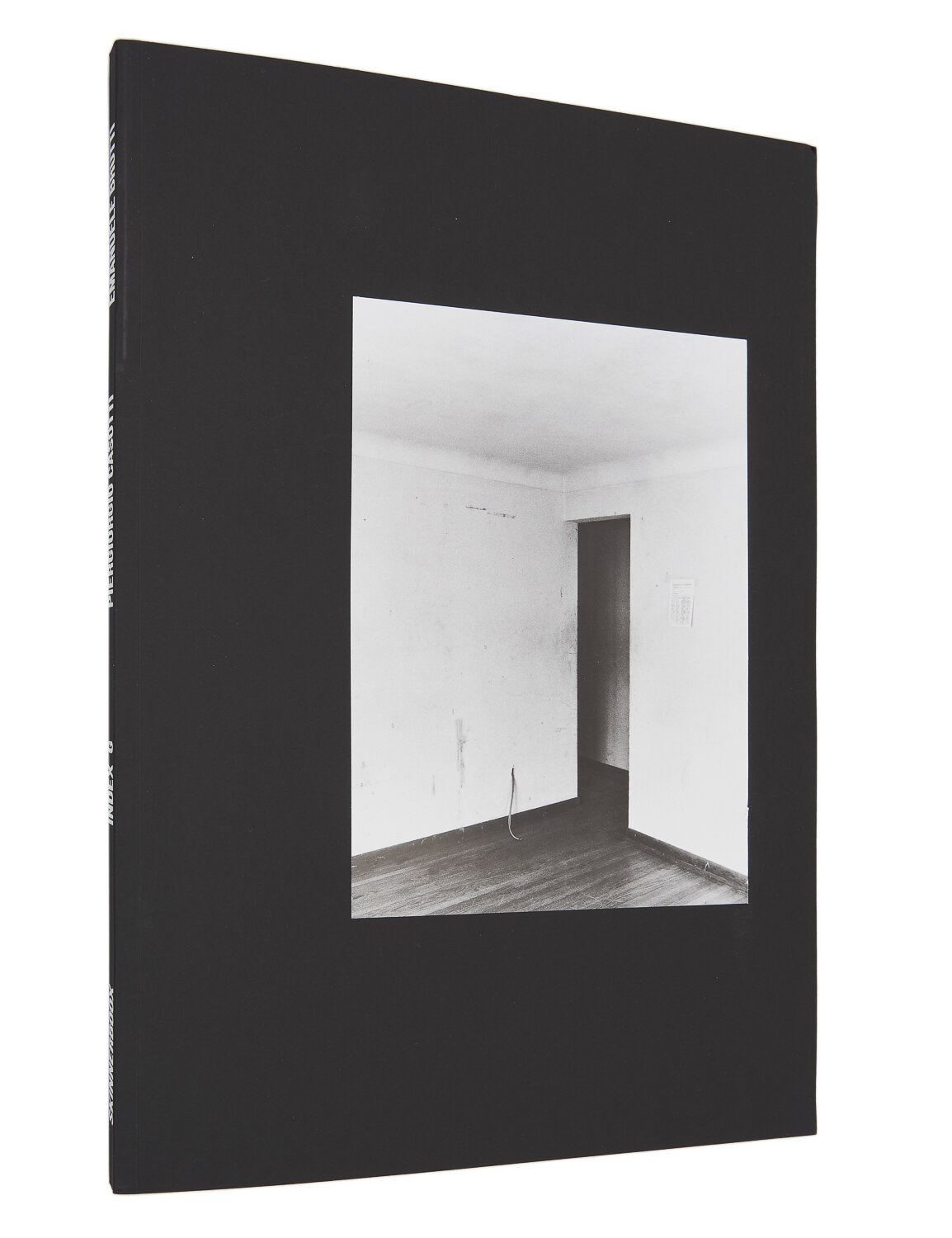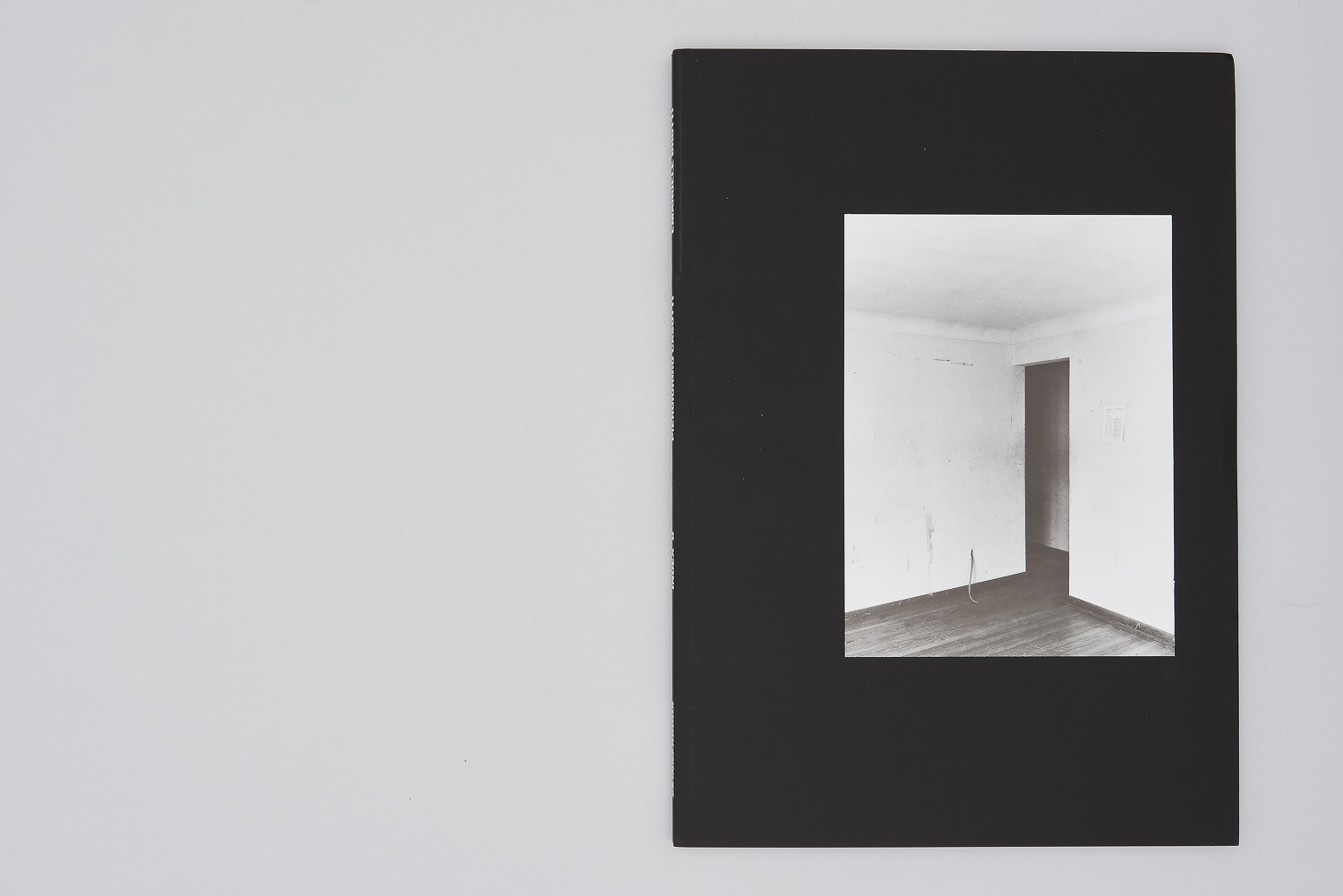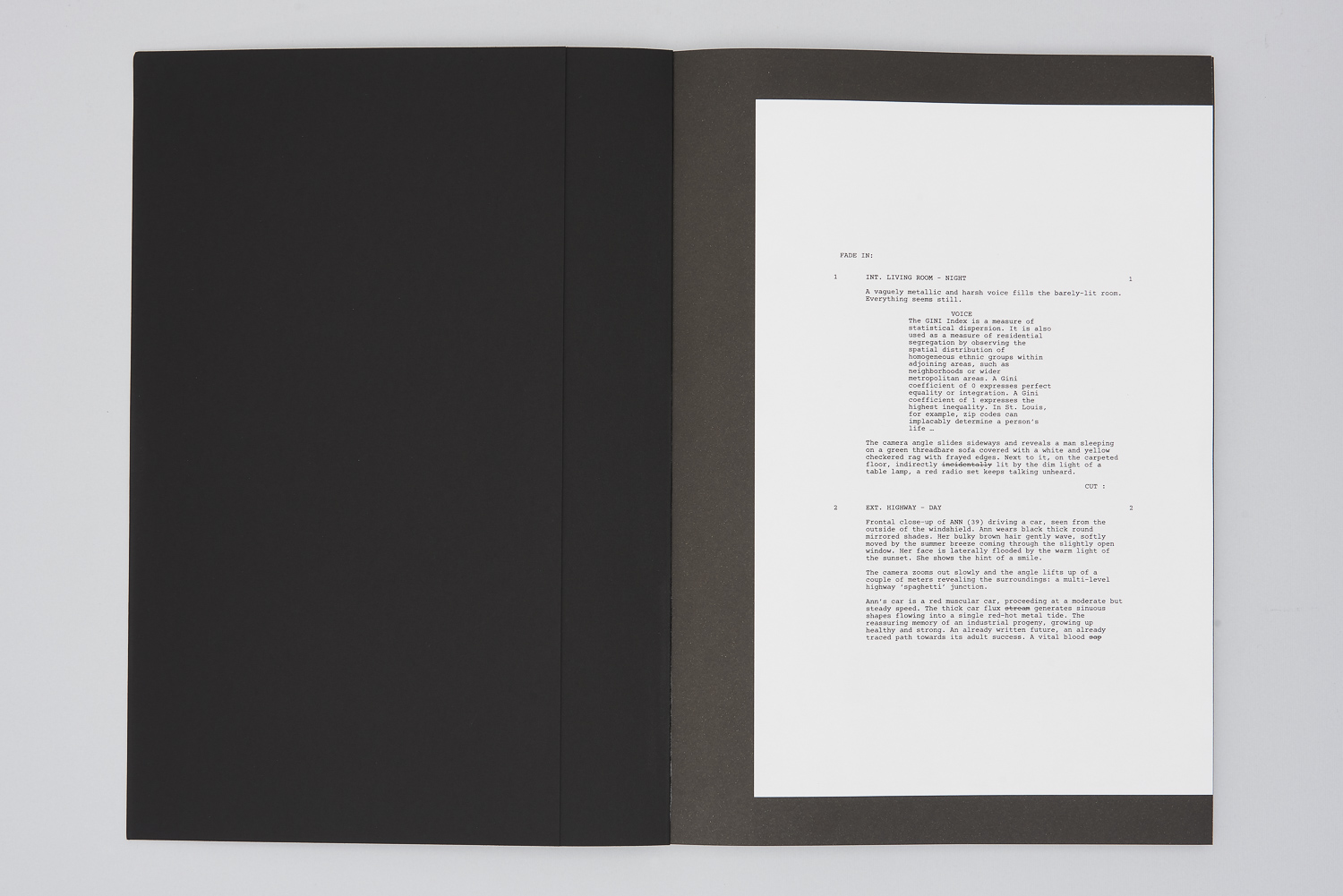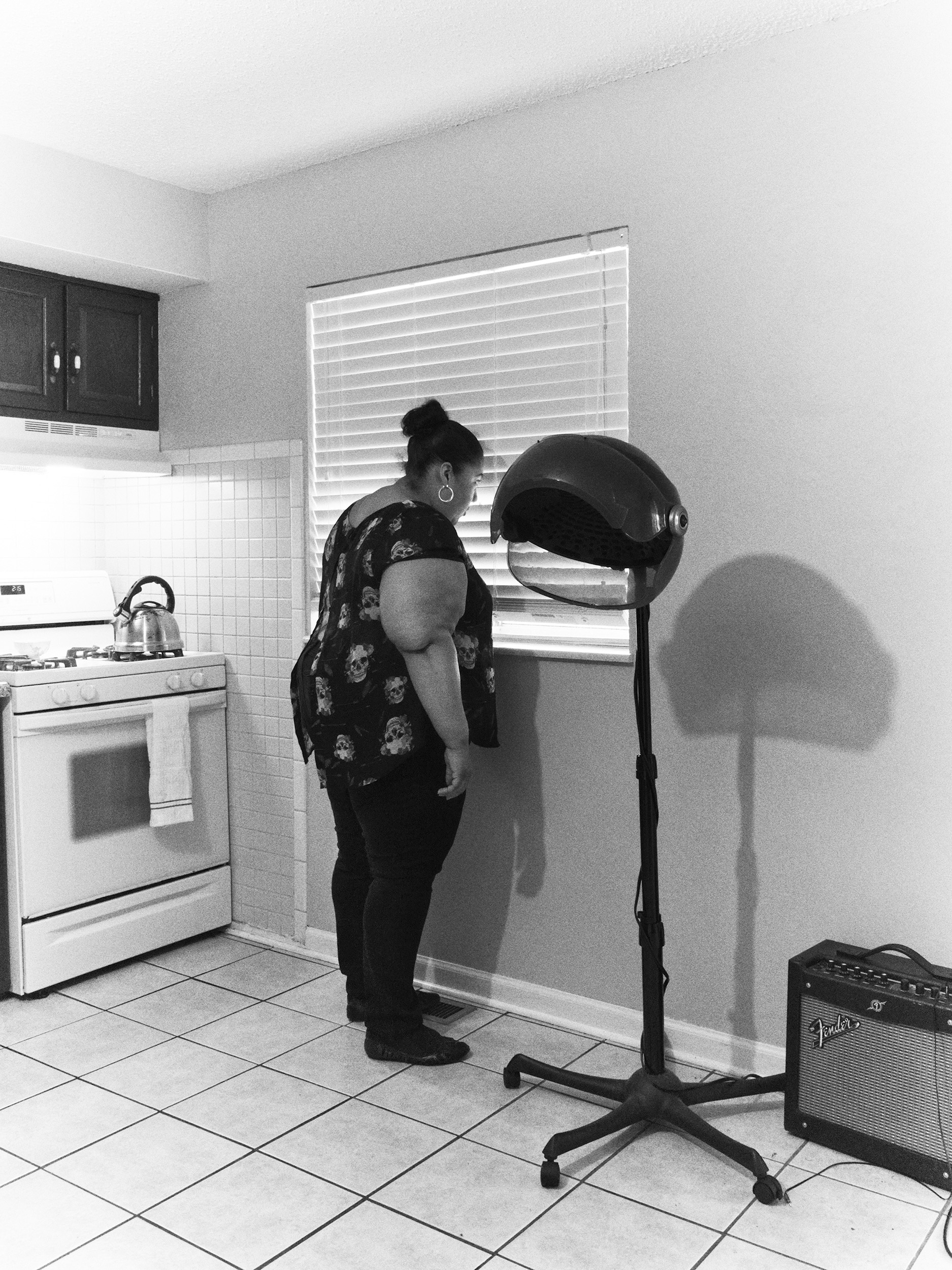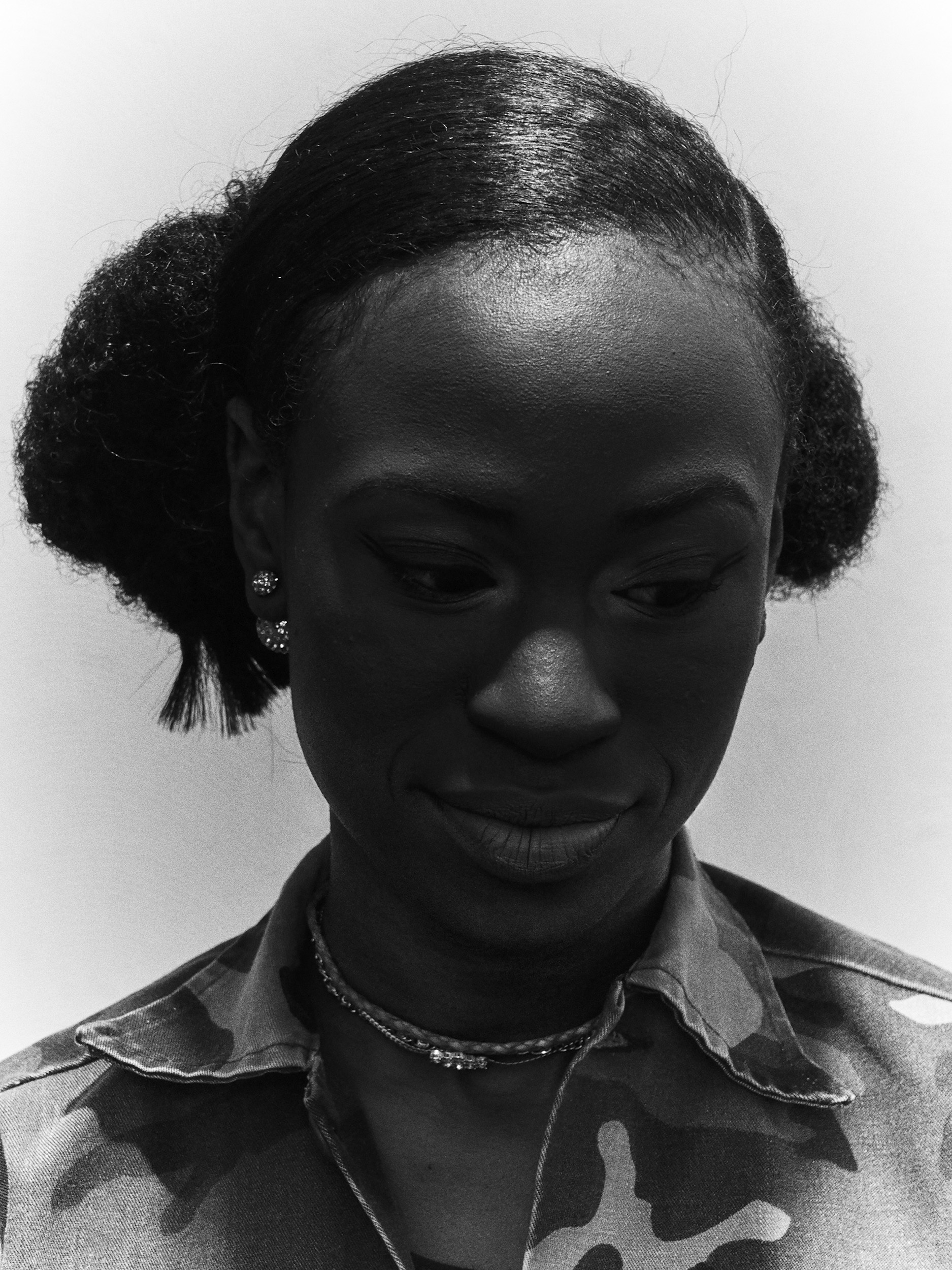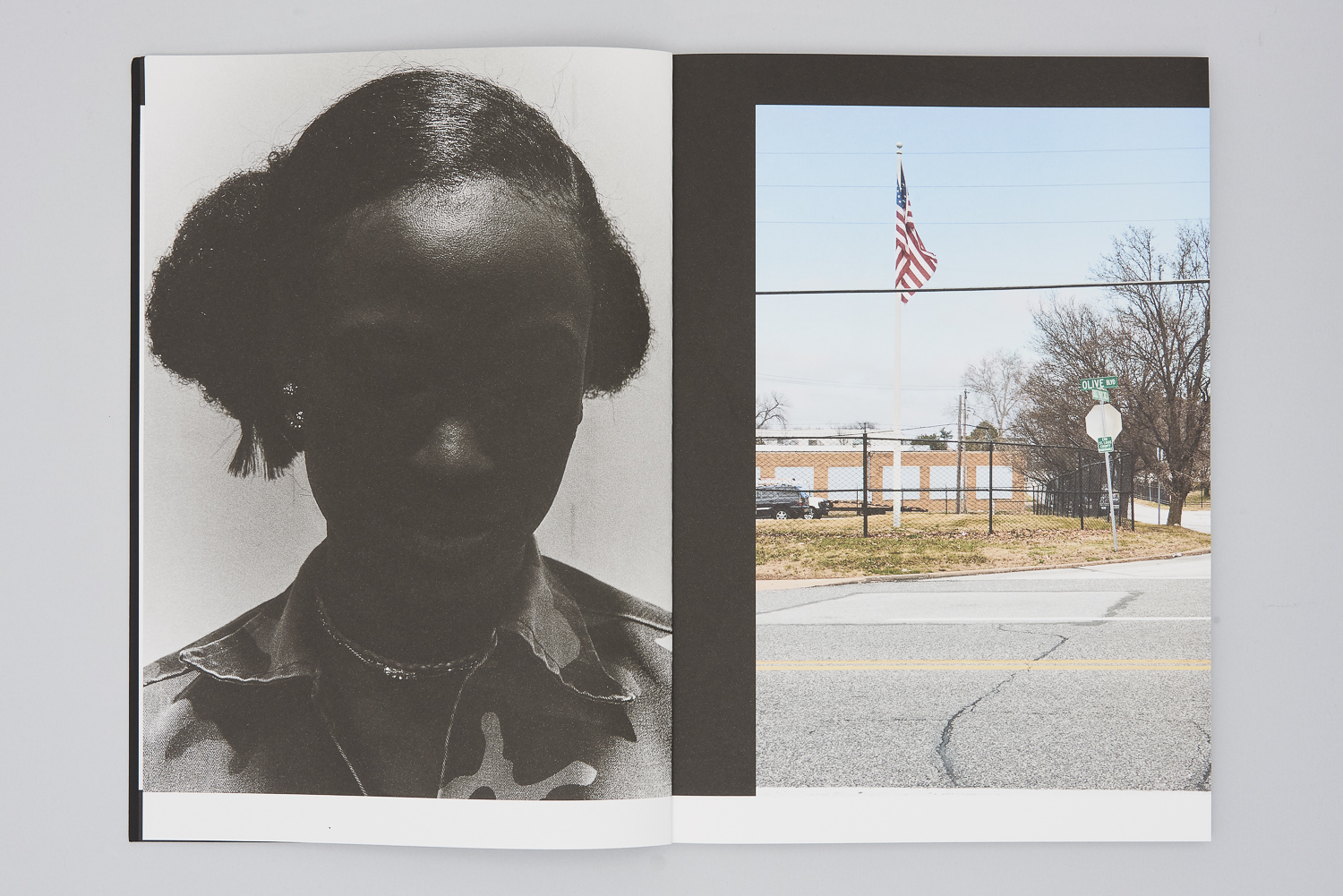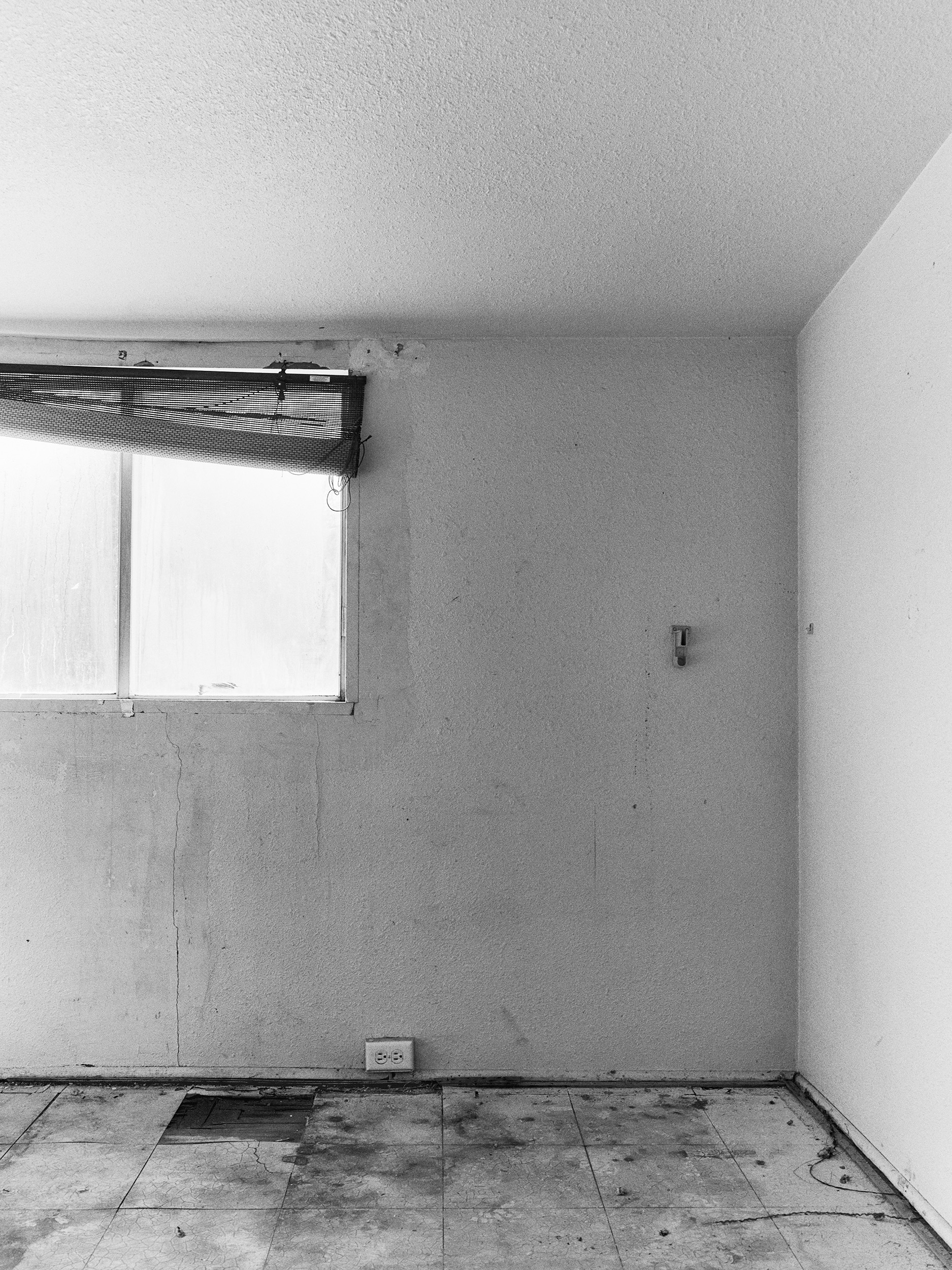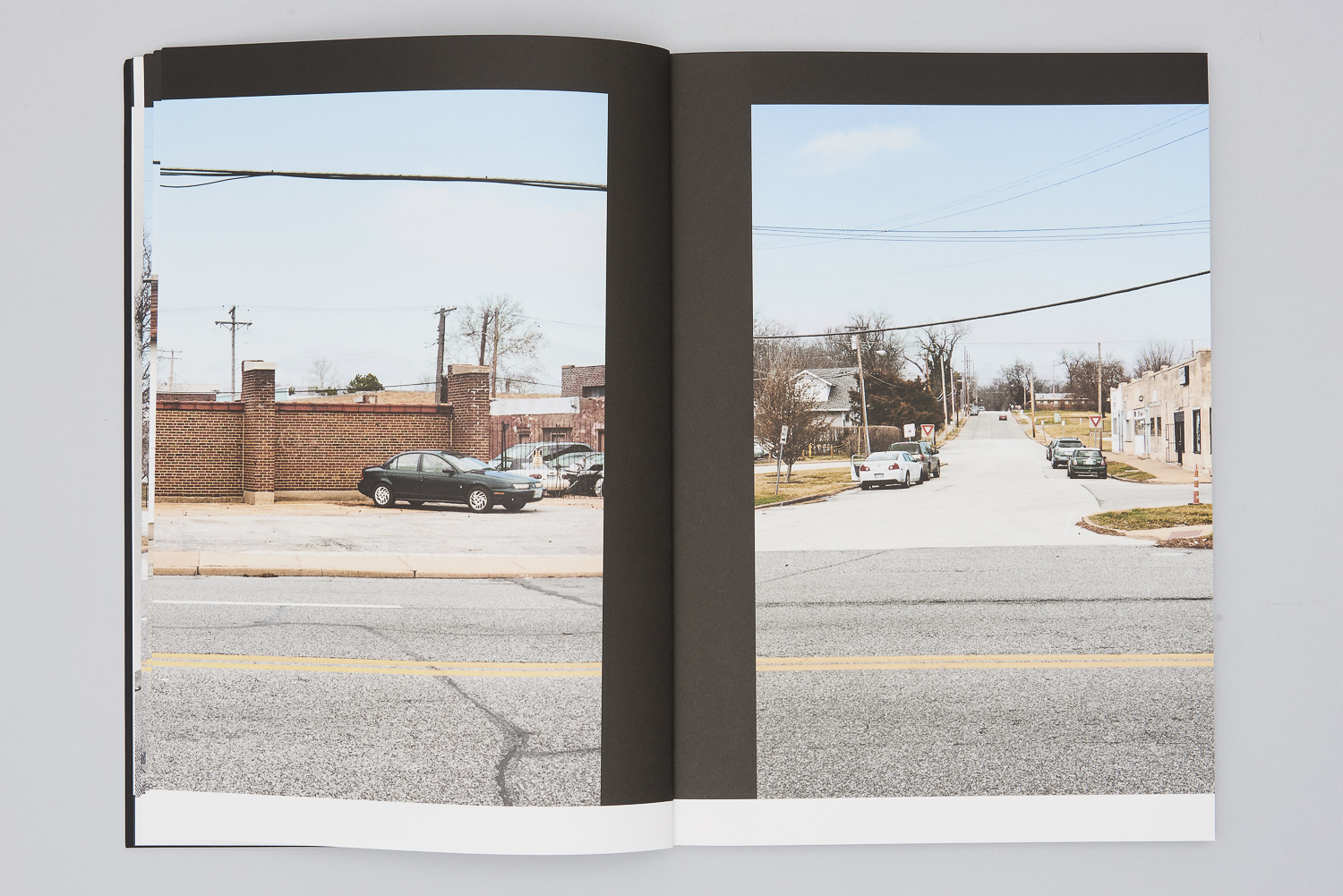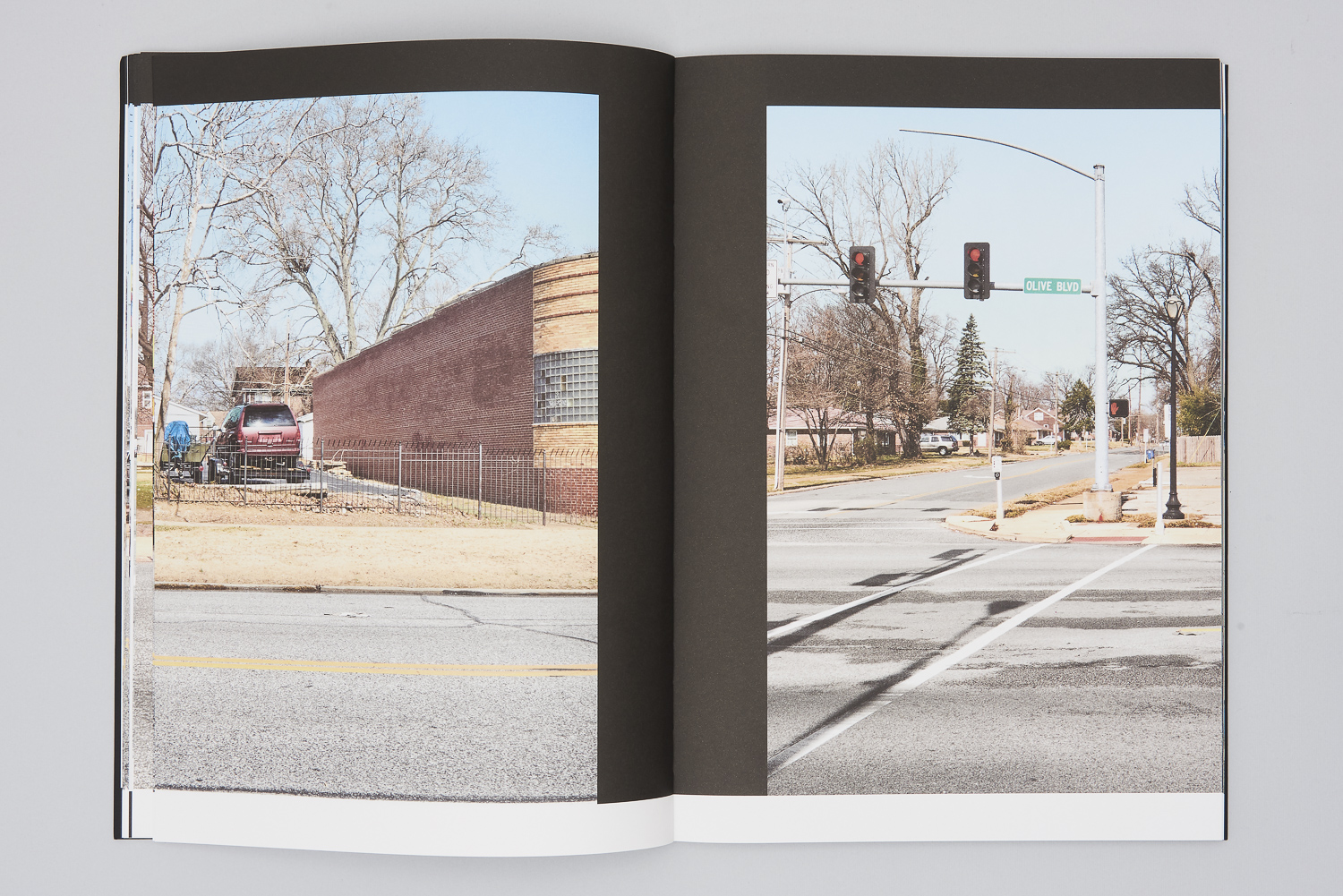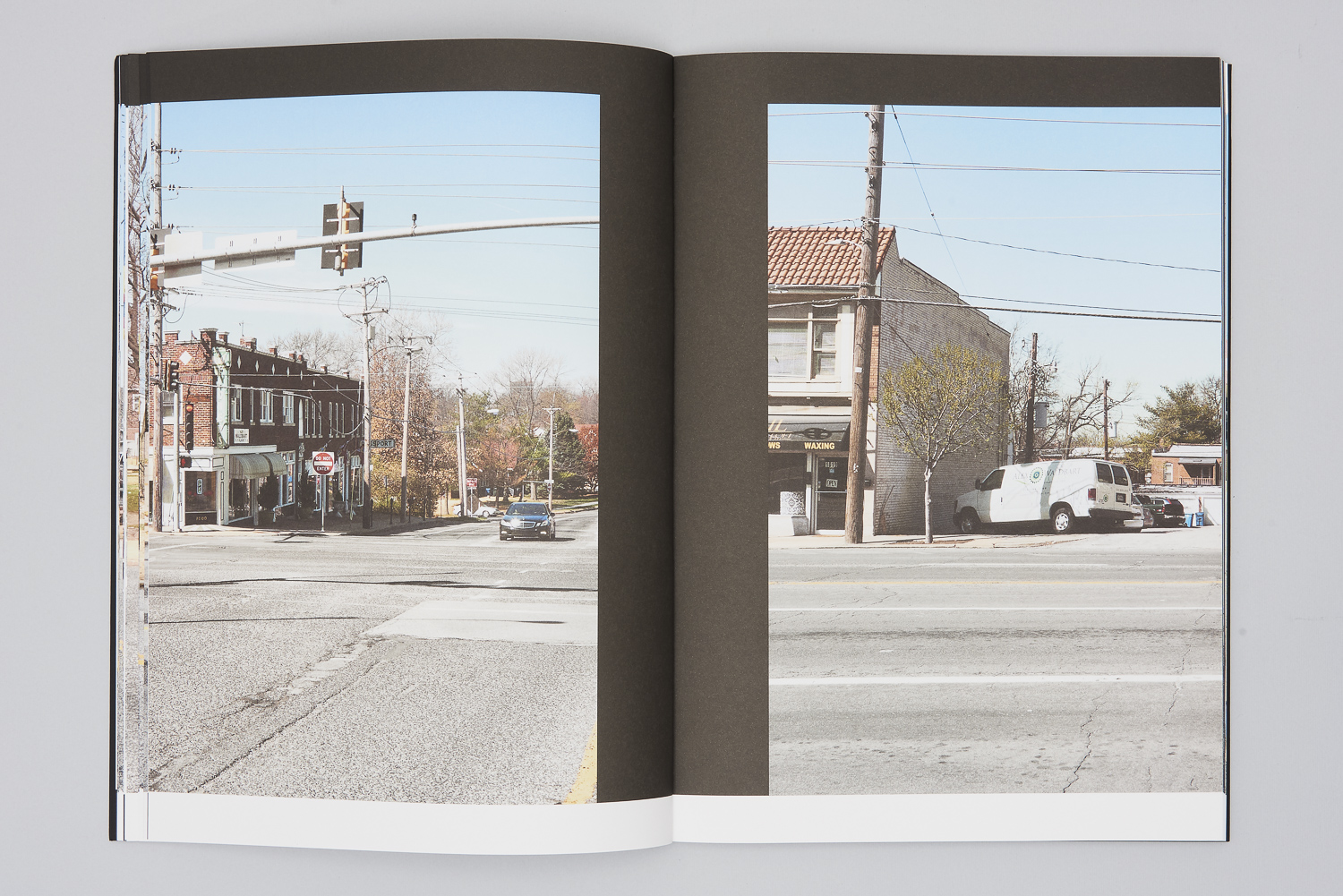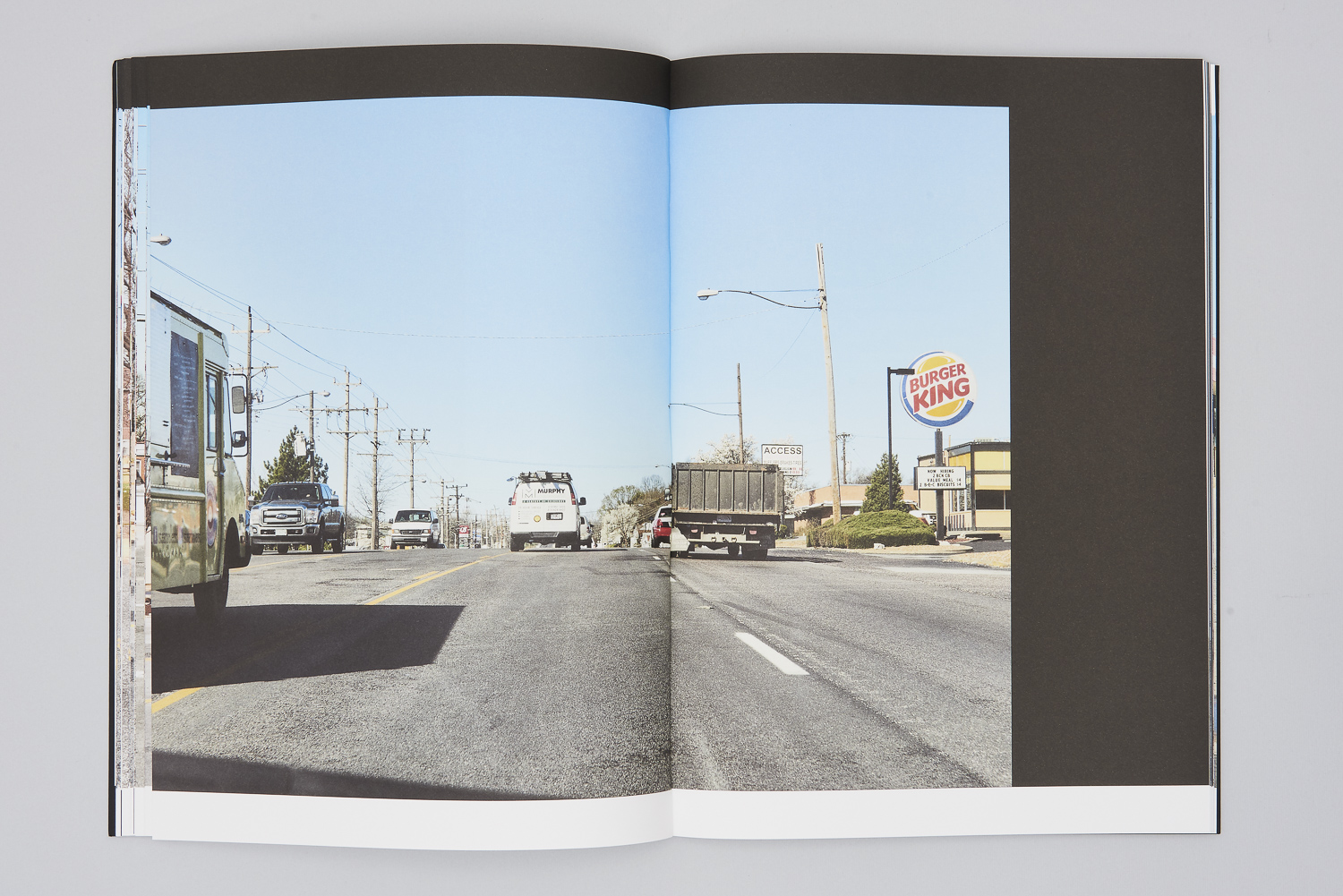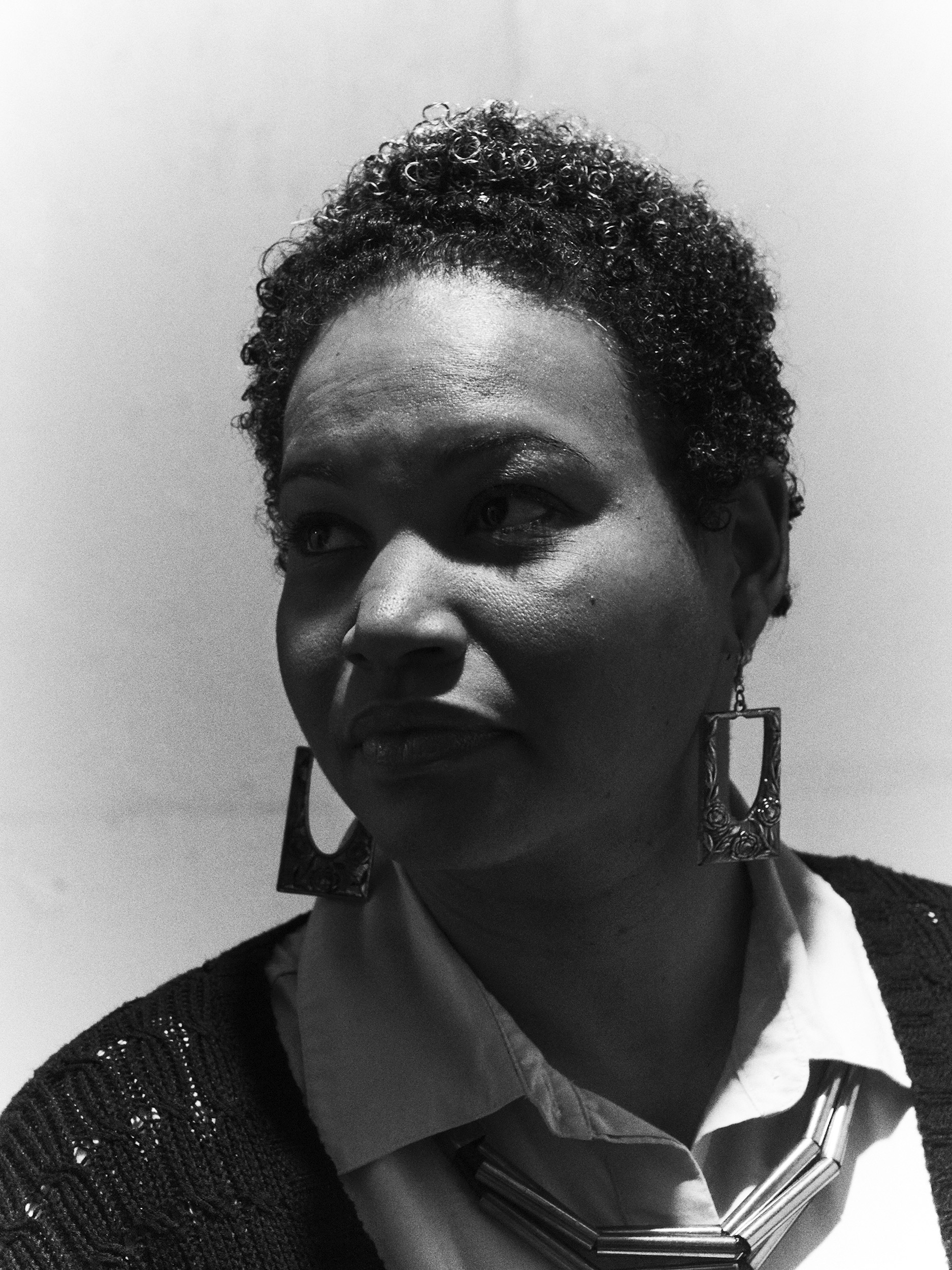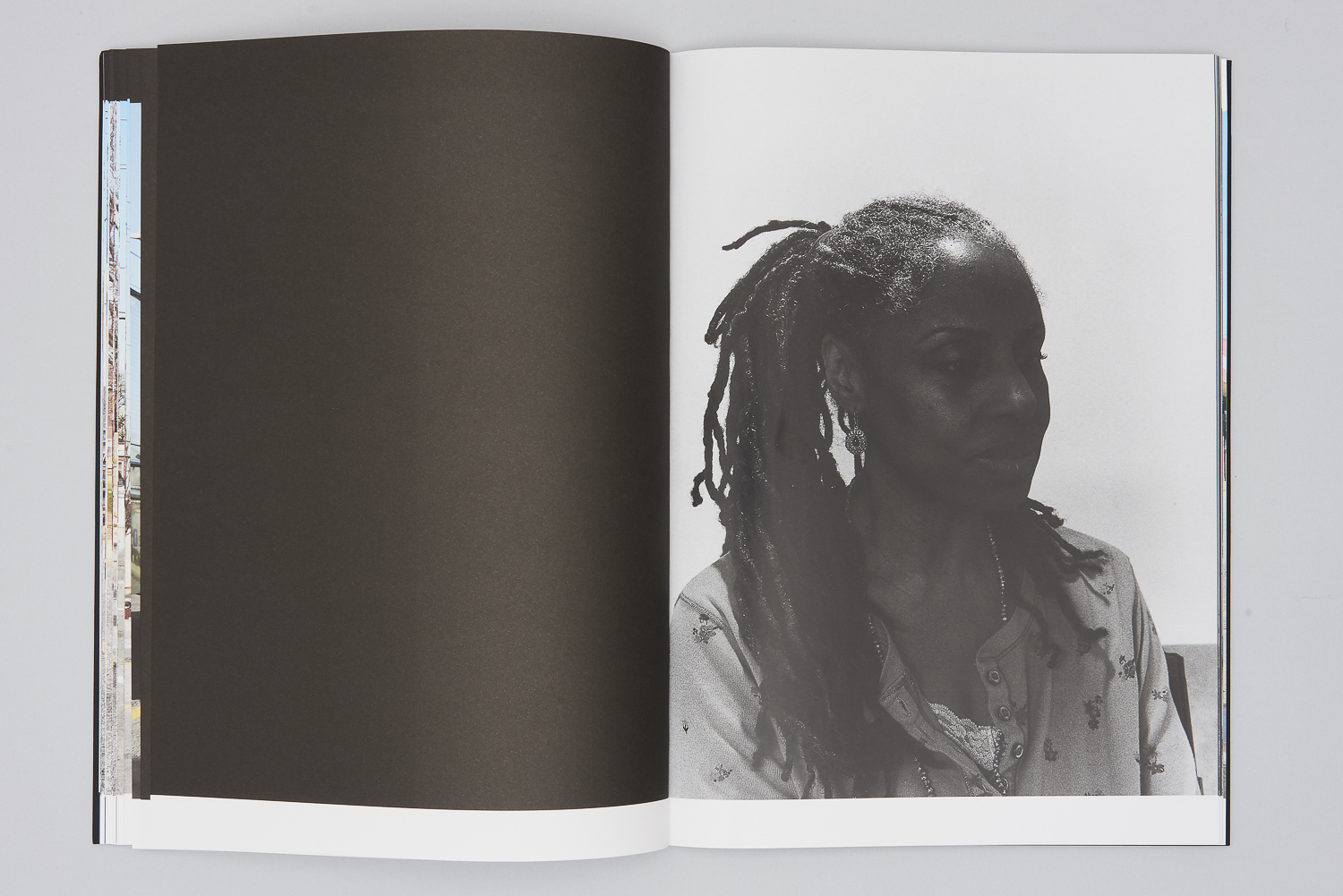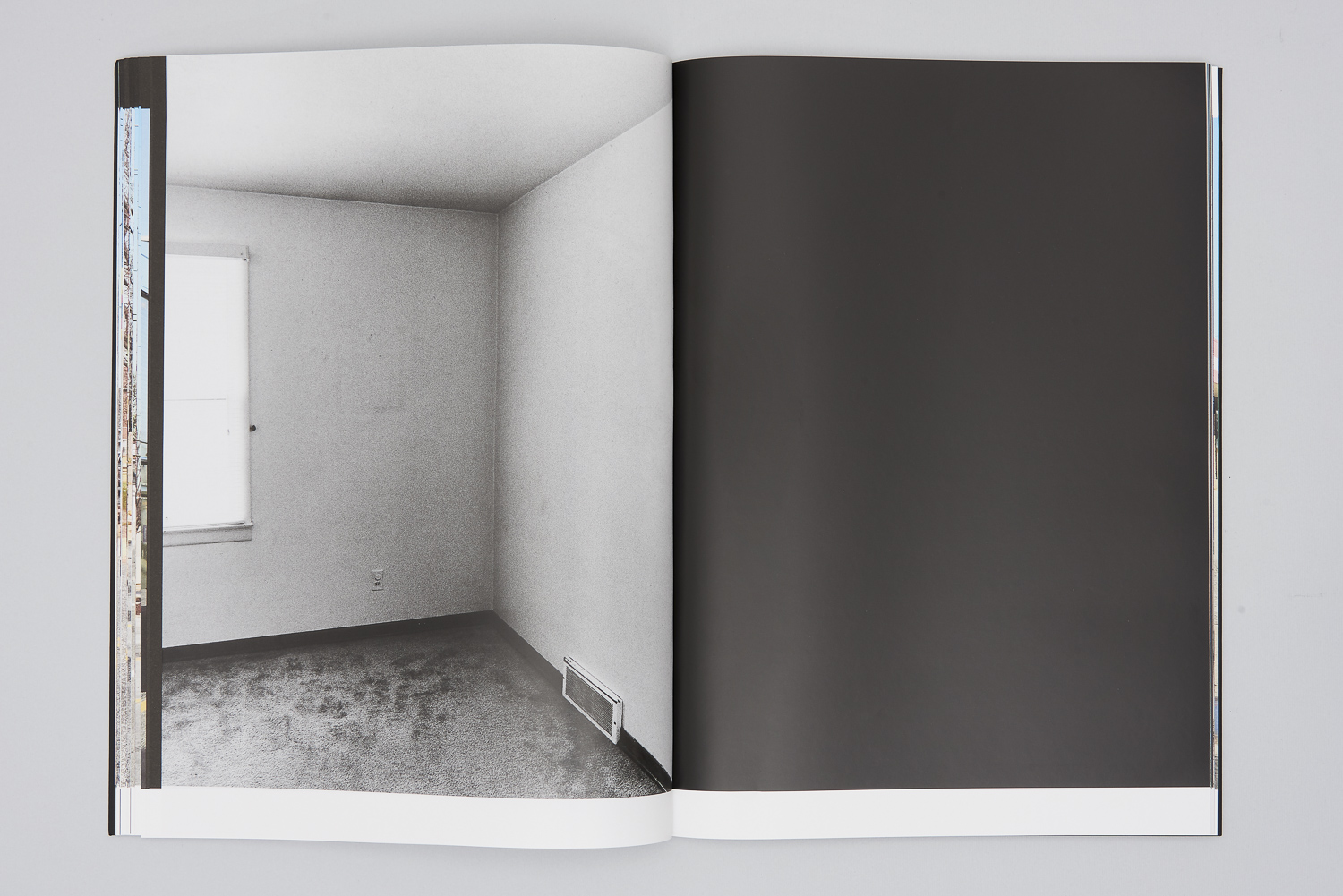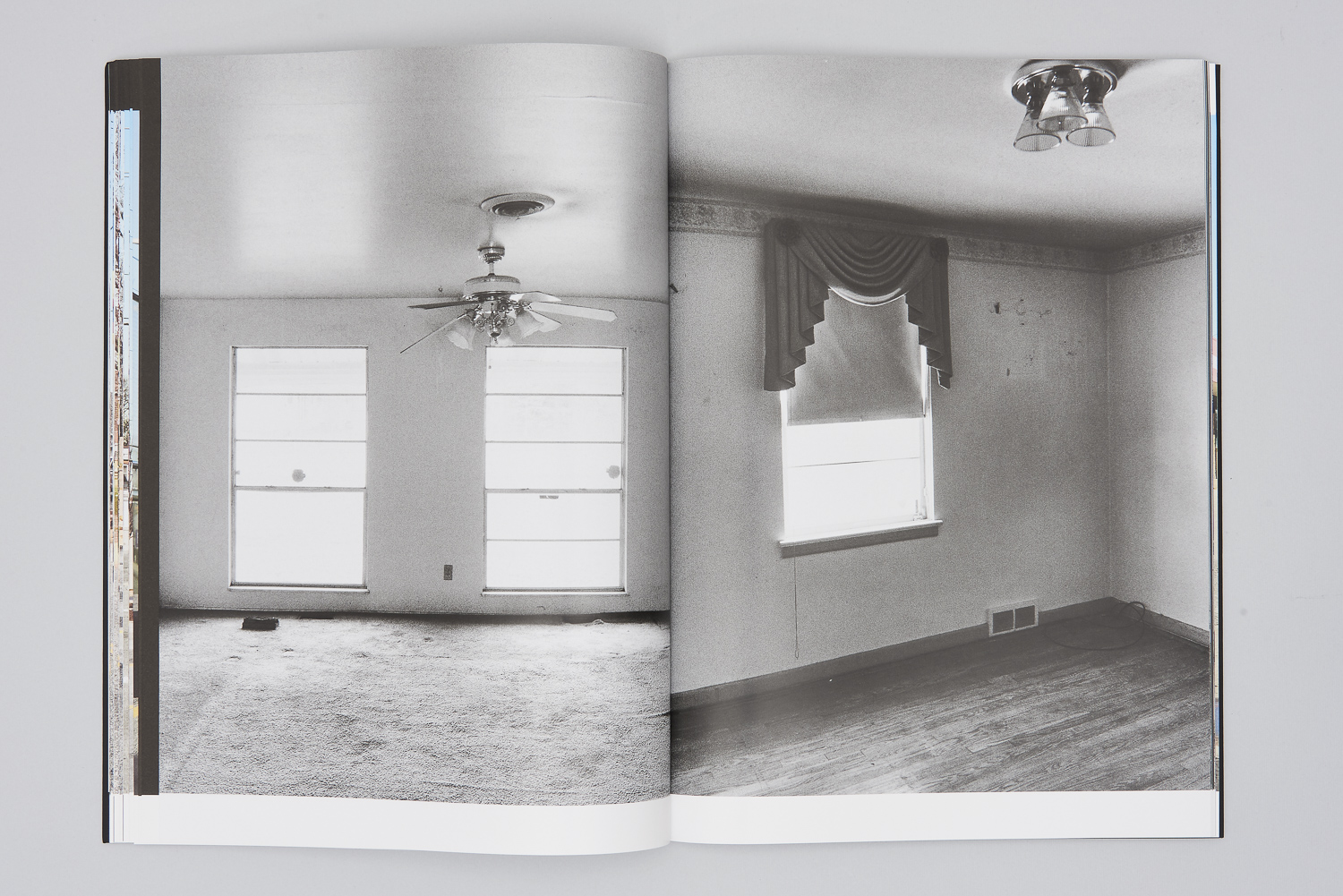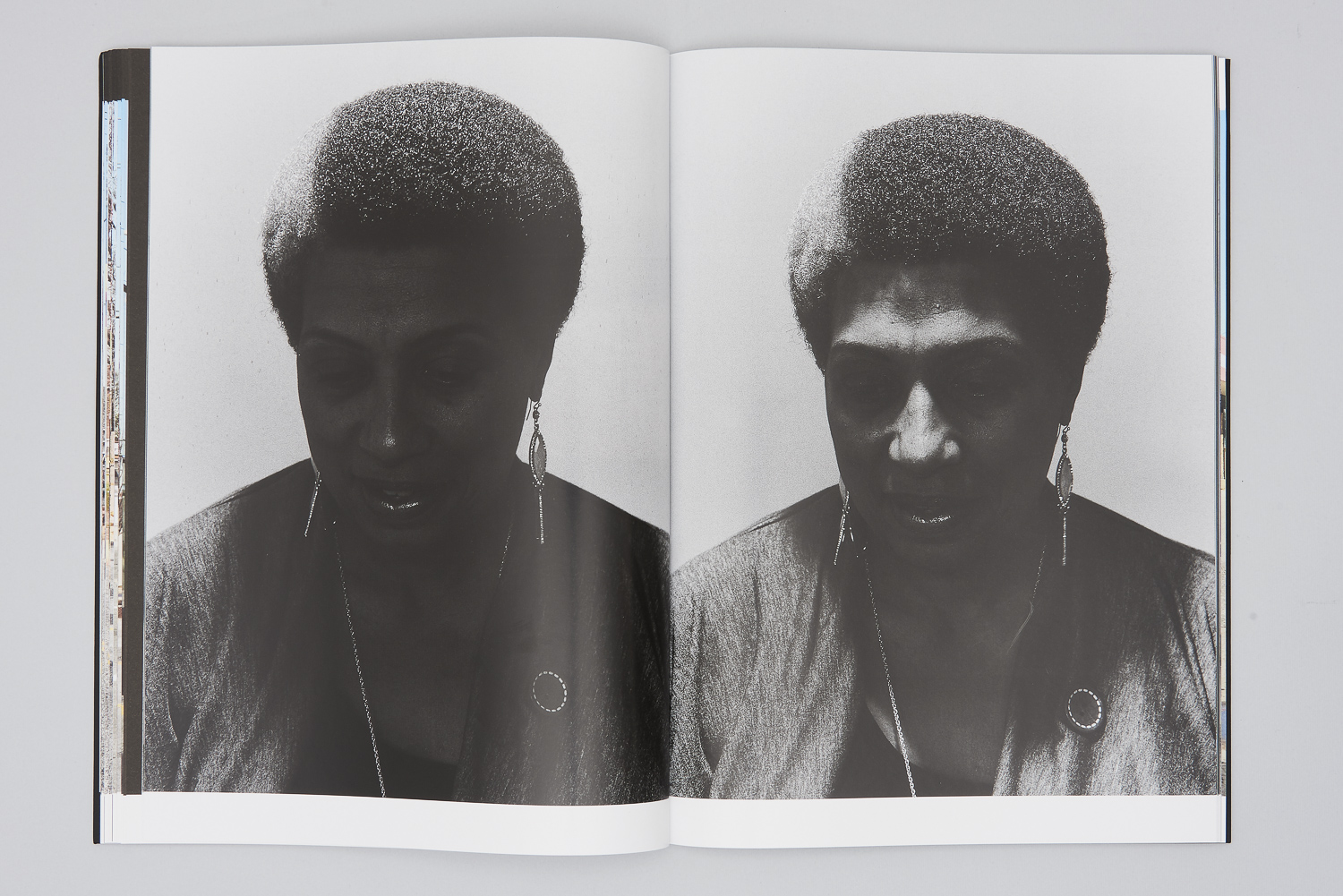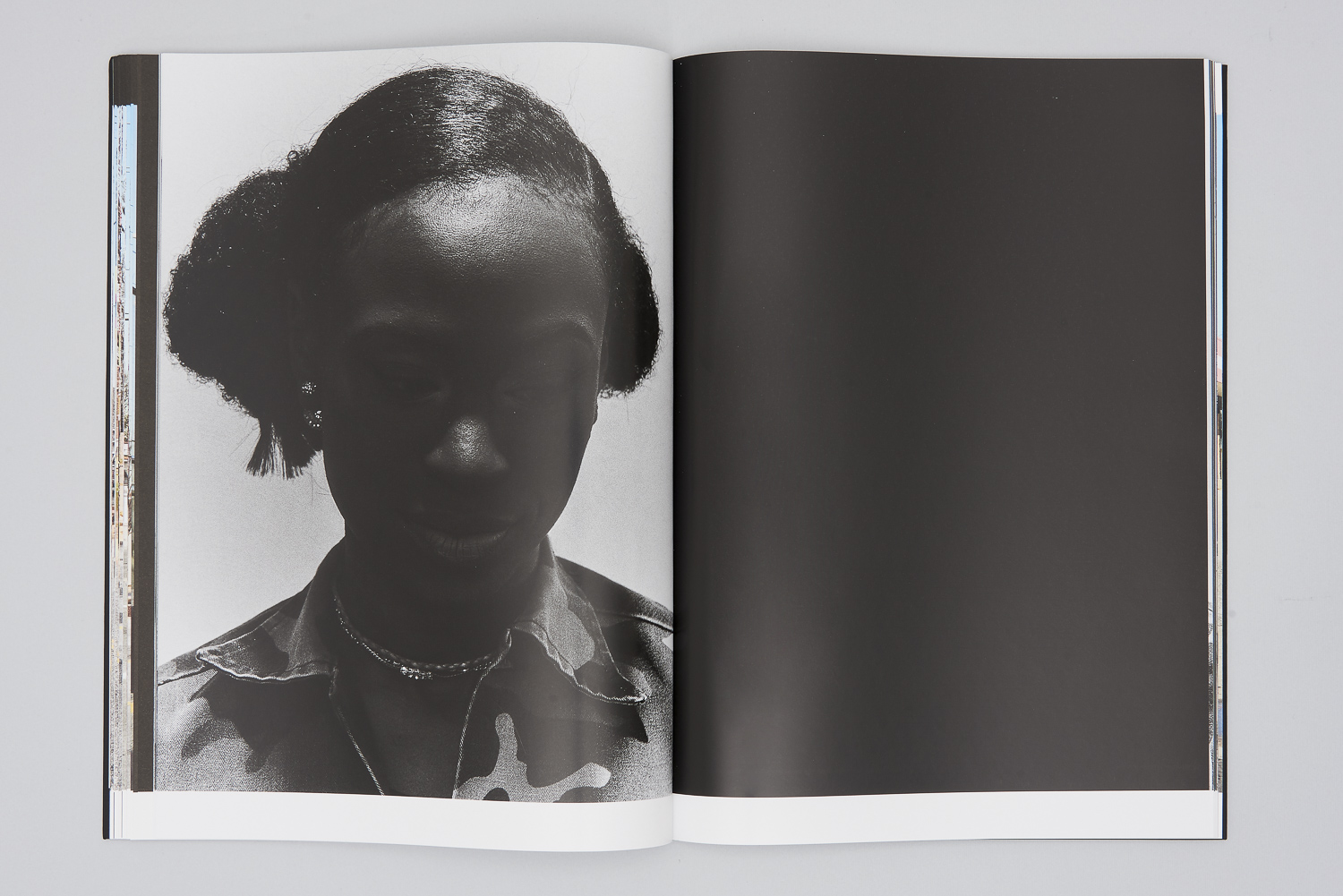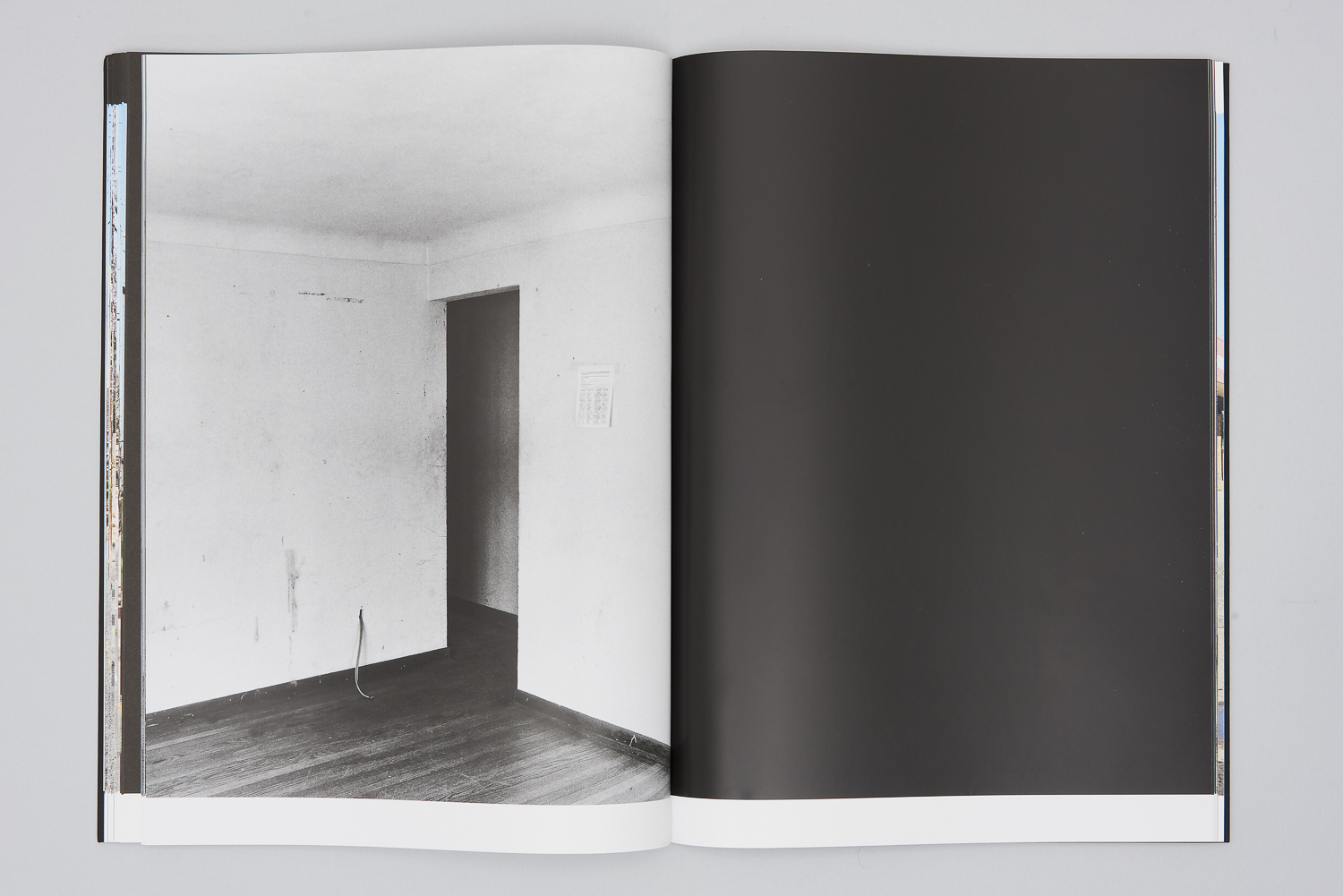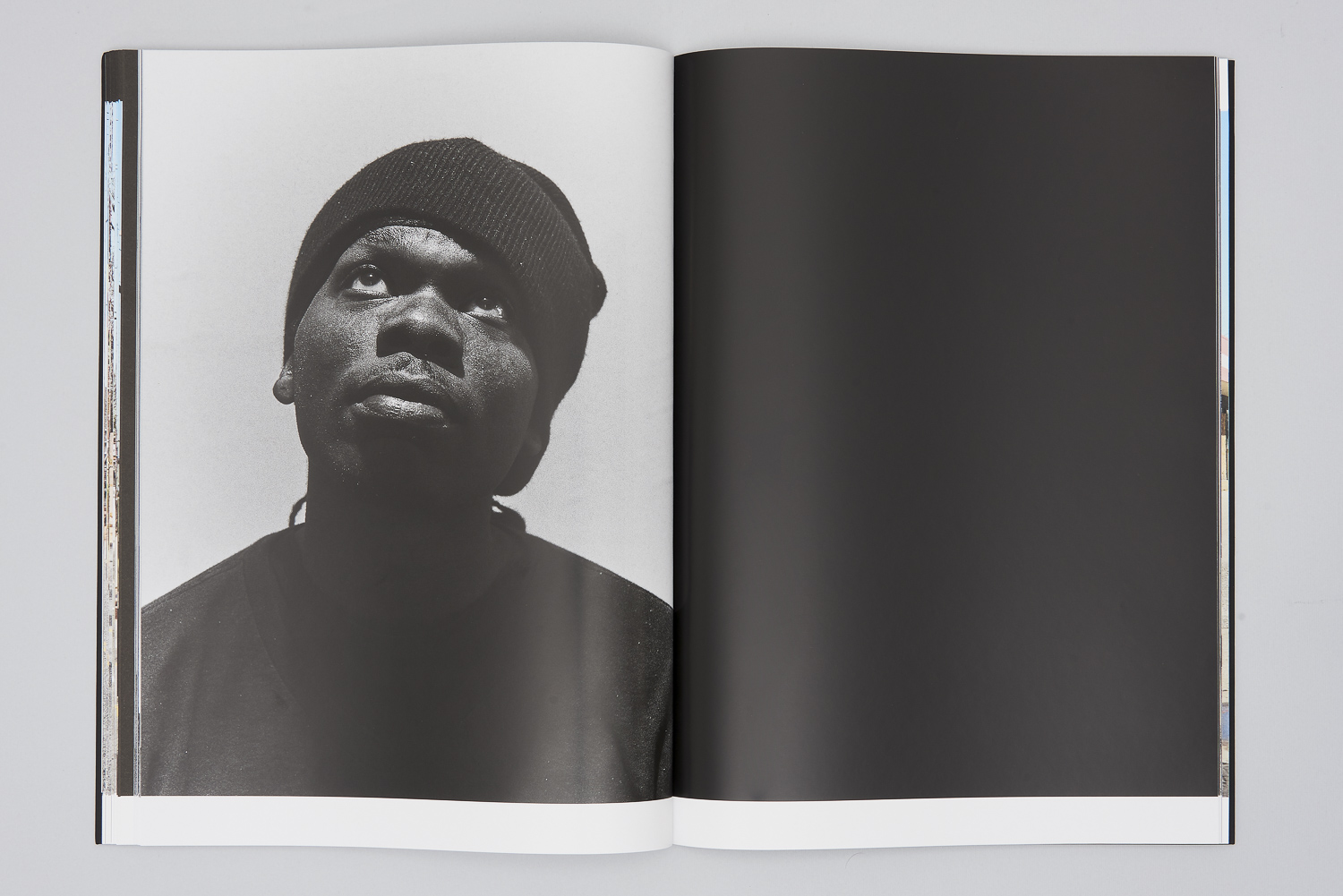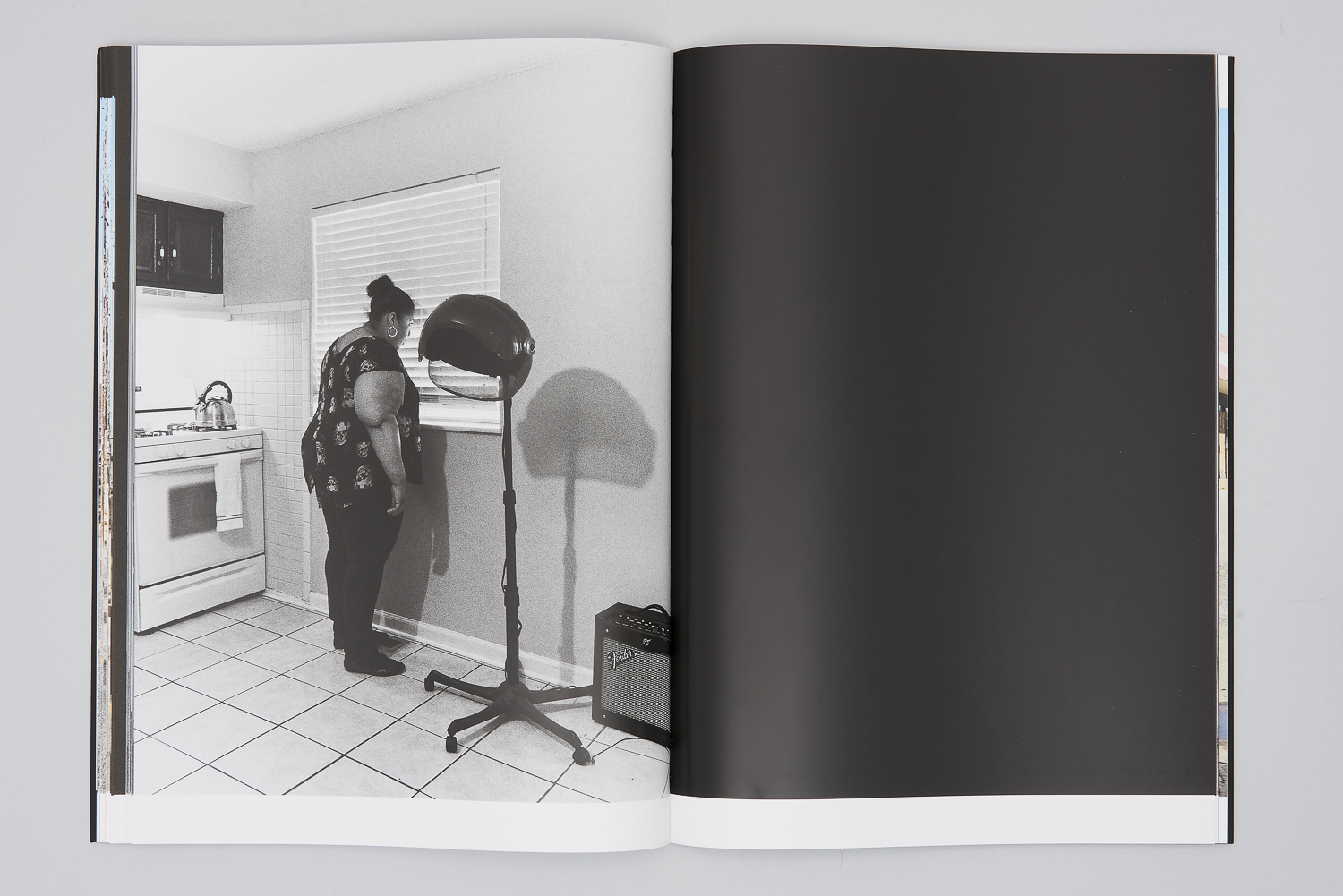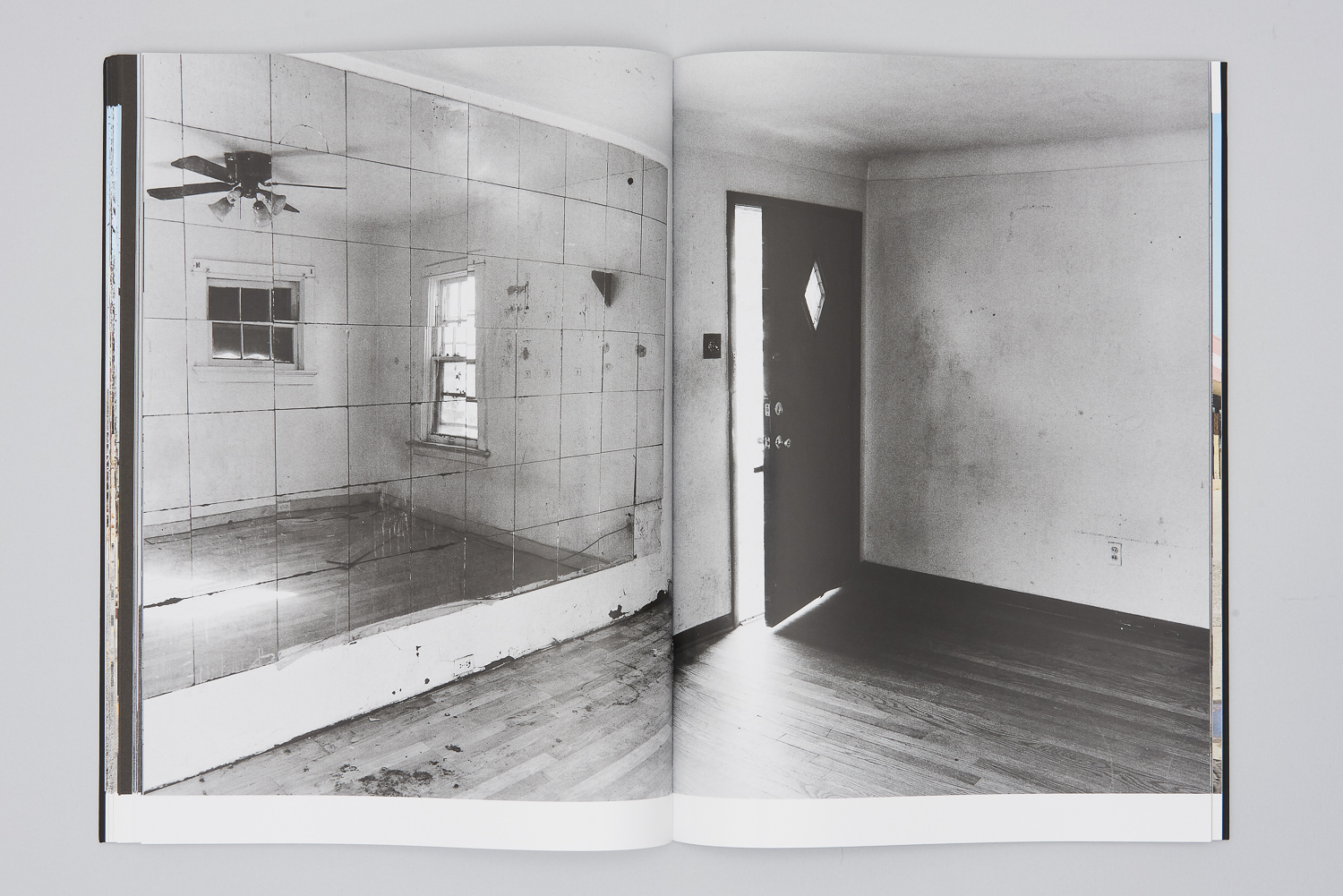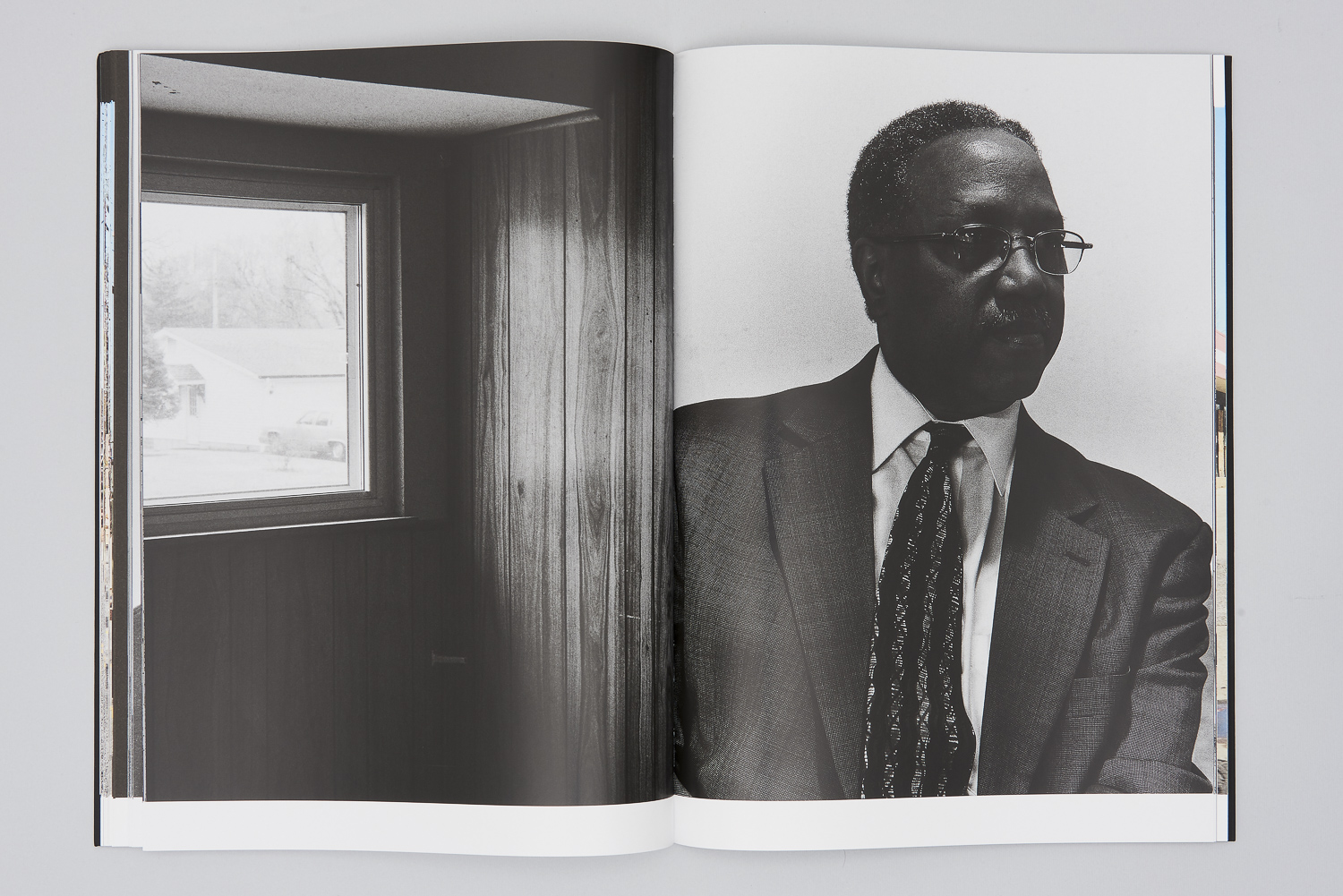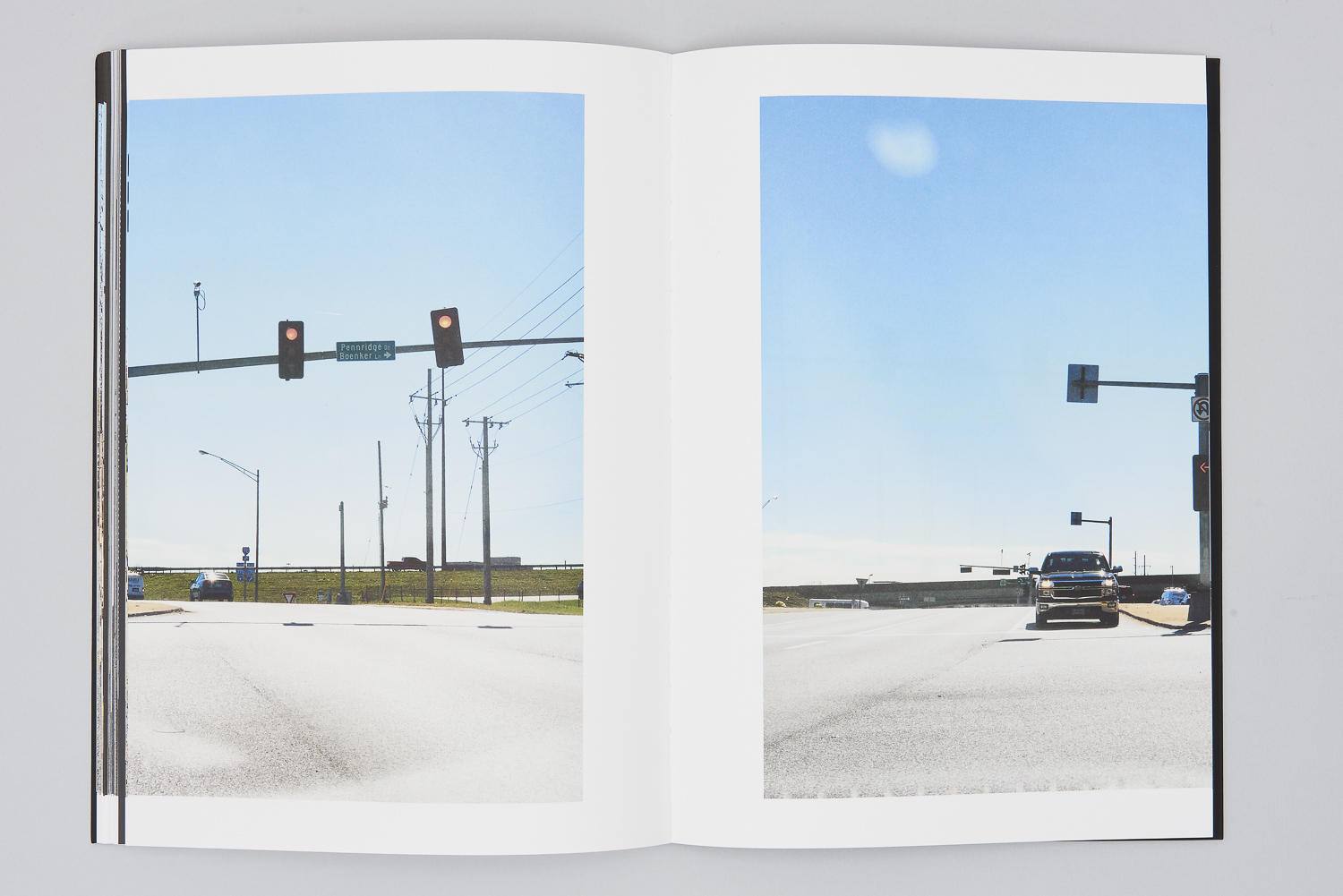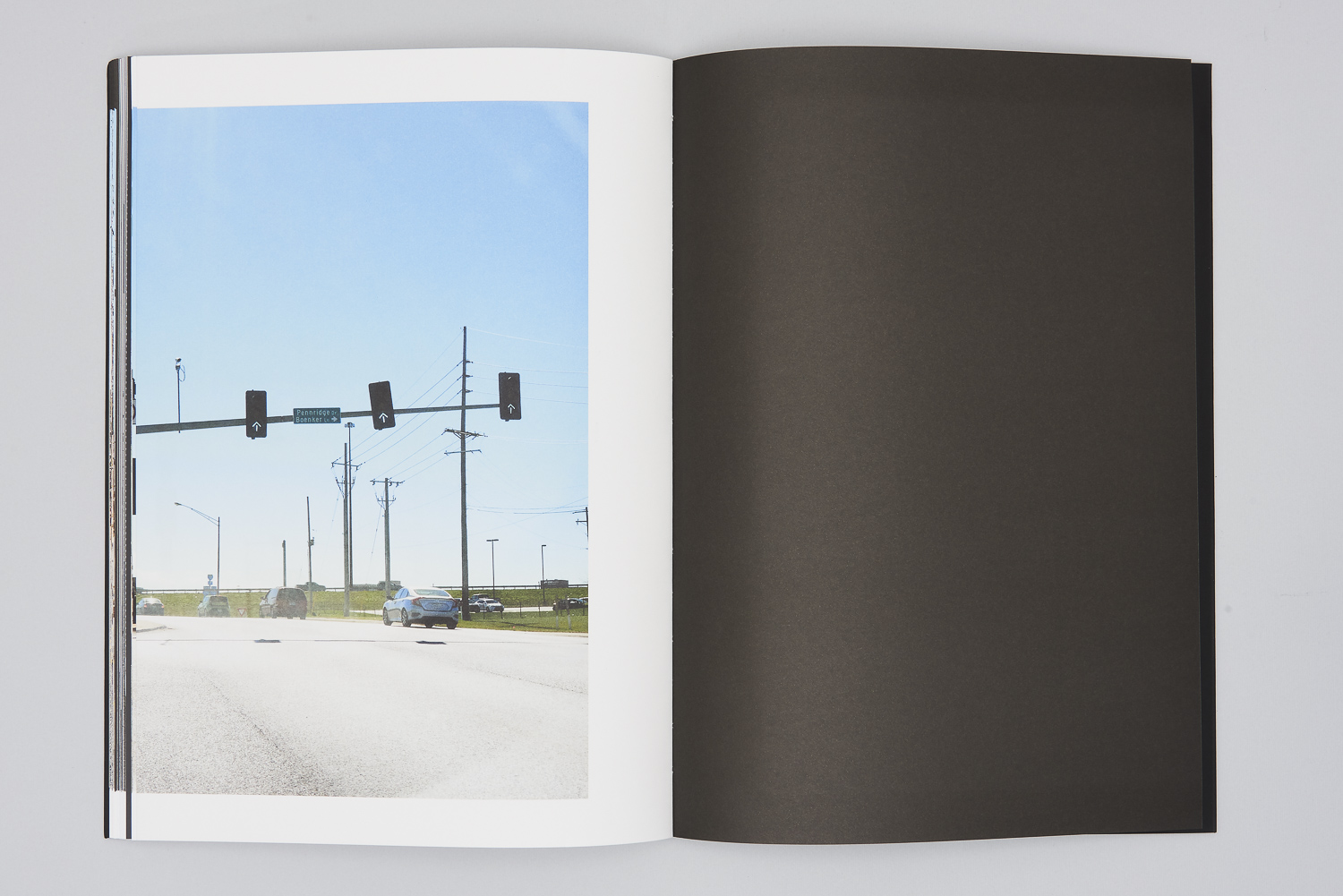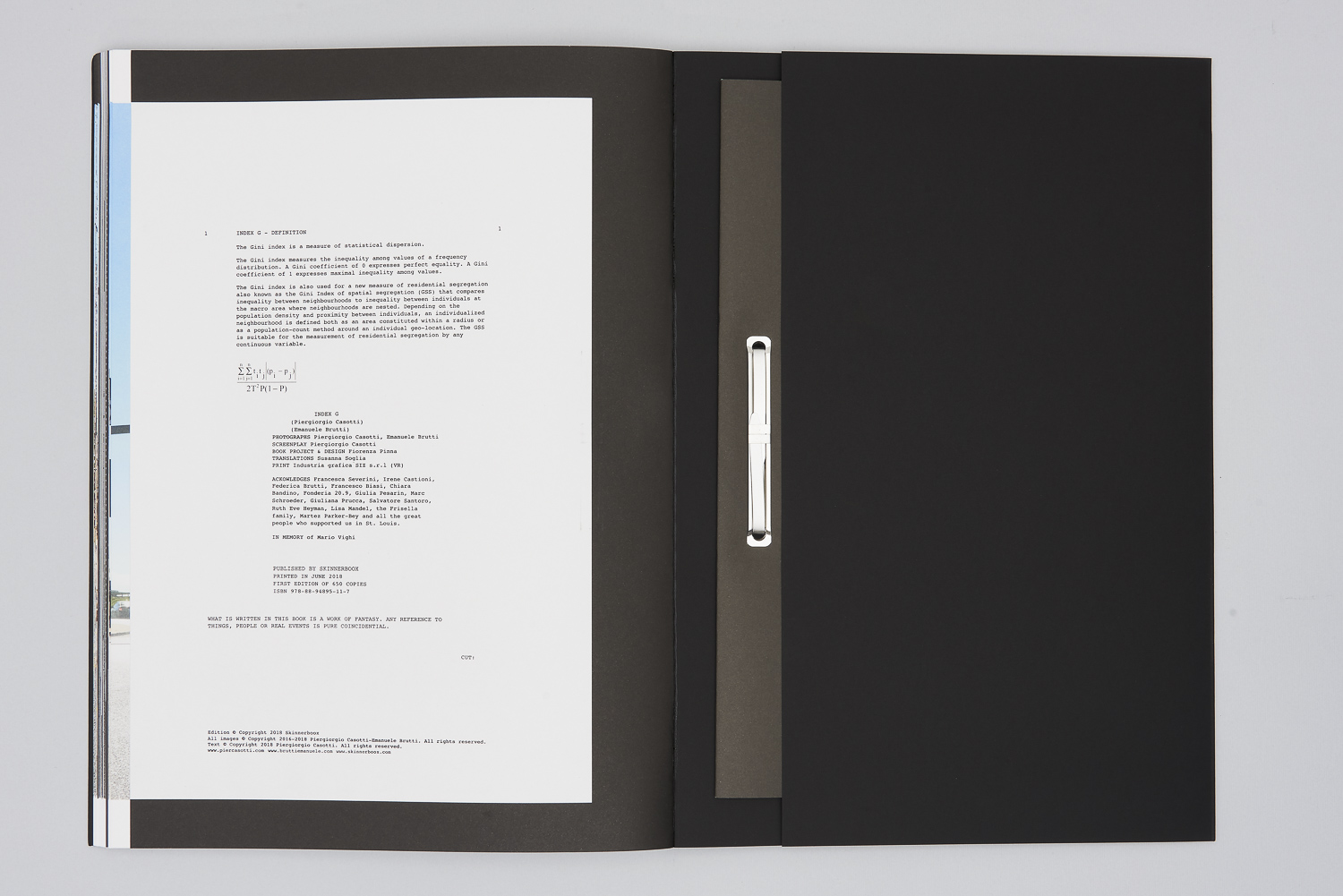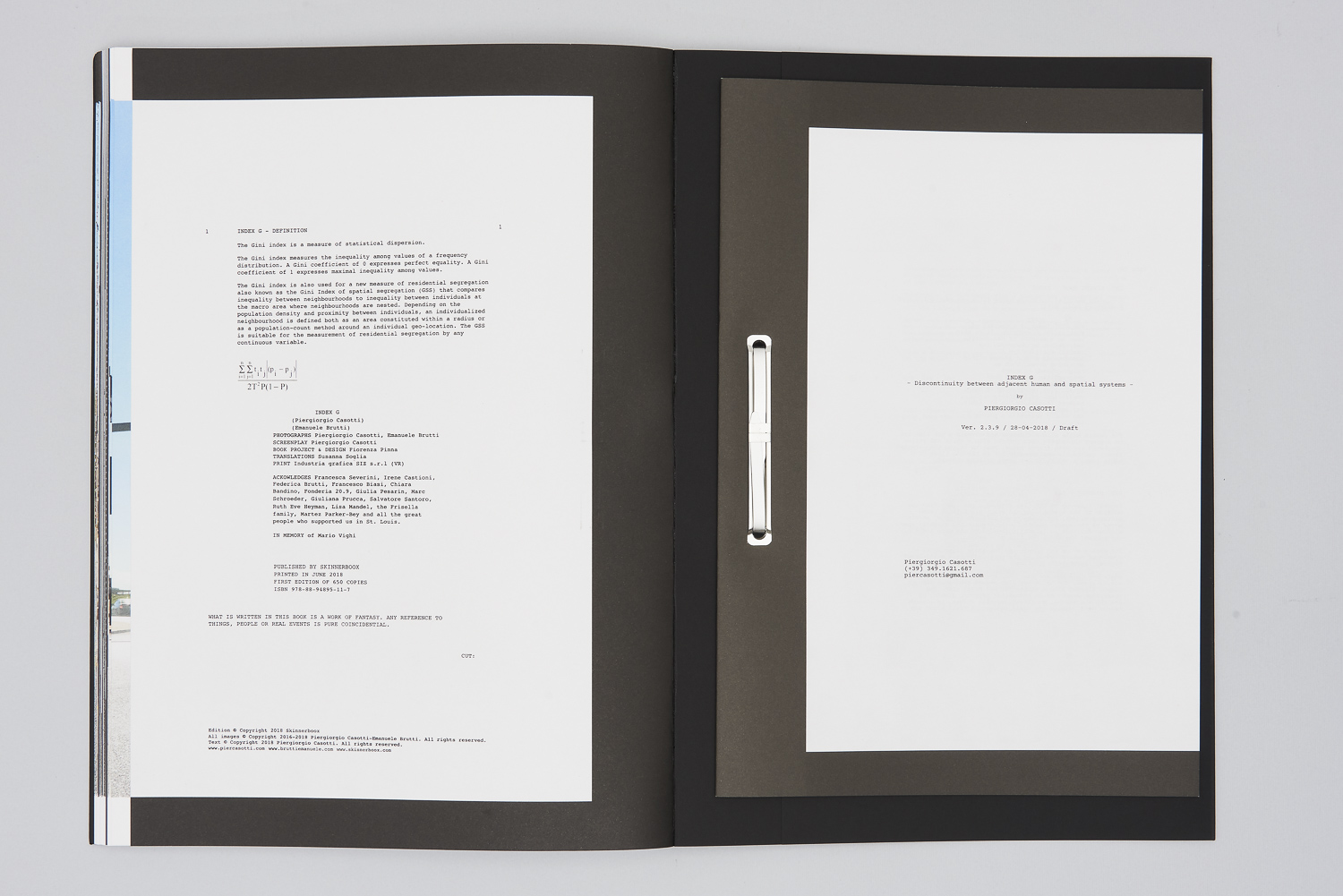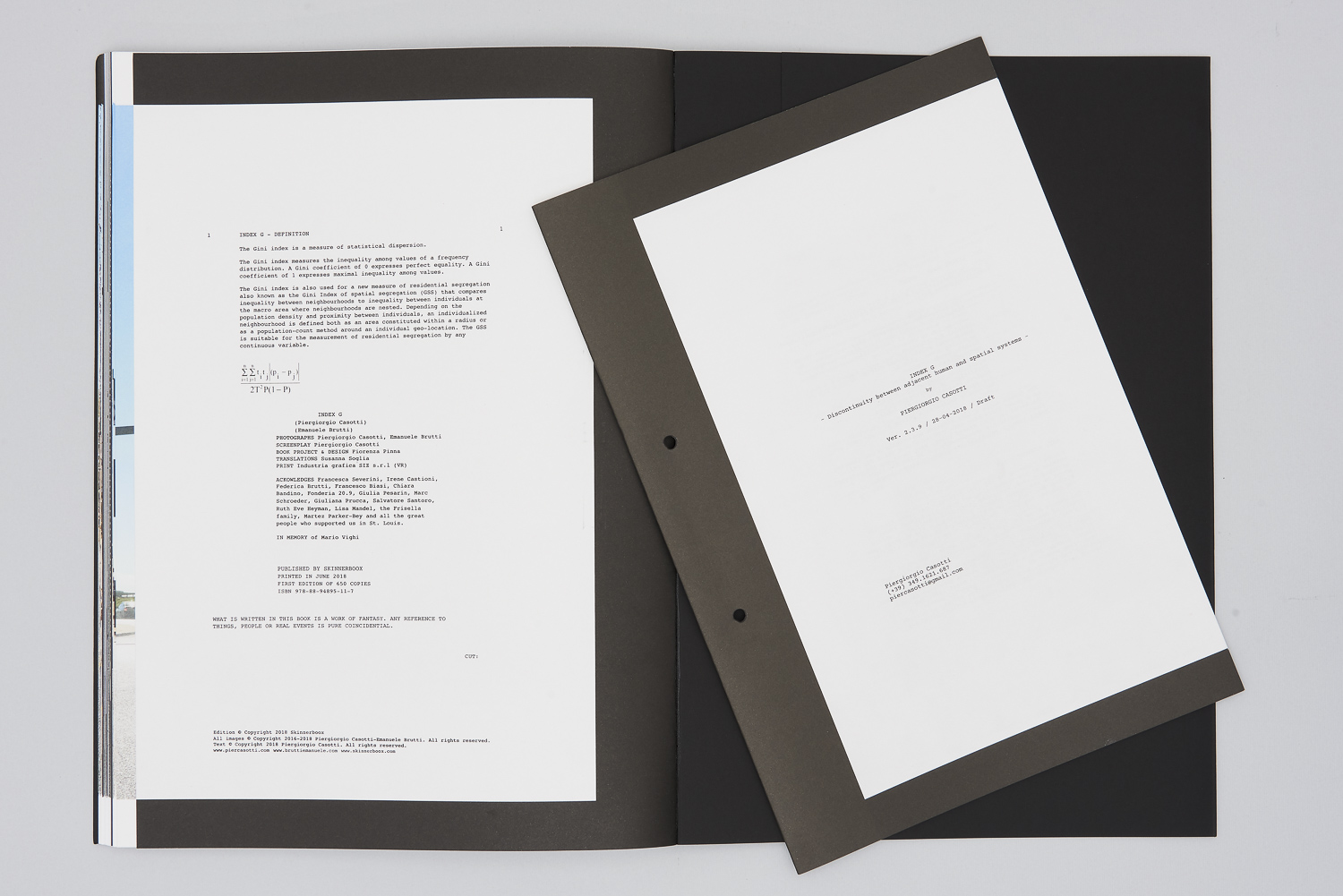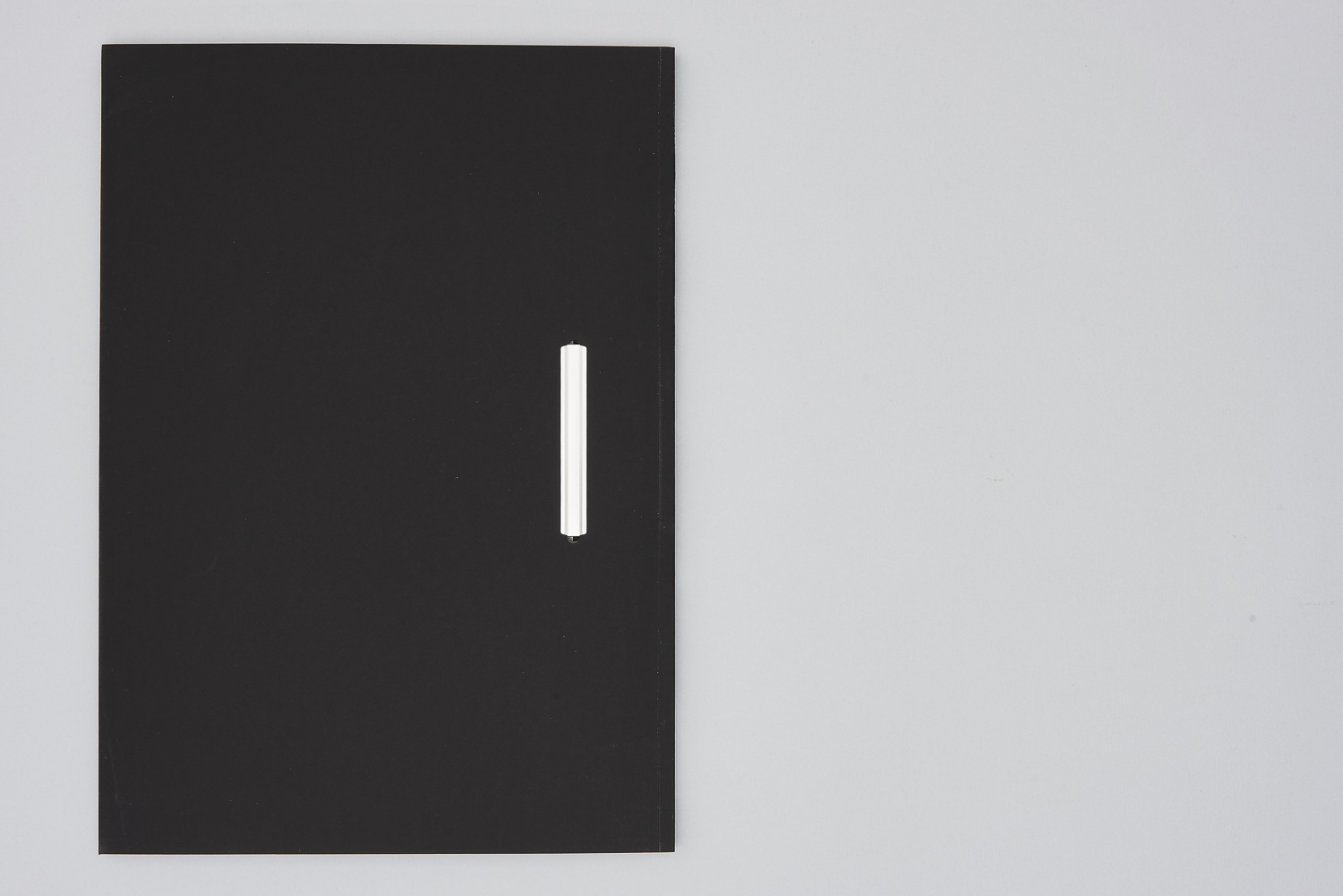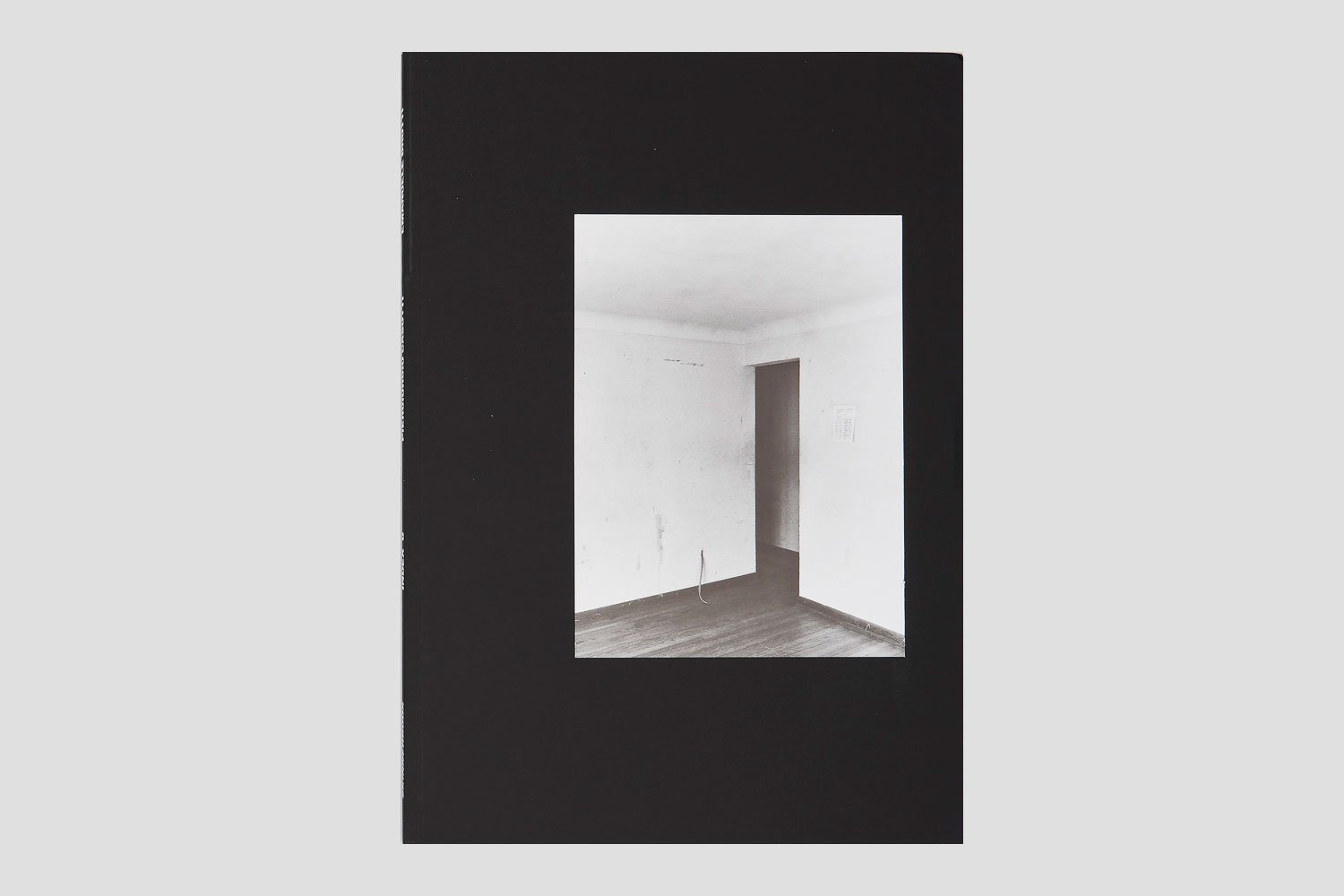
INDEX G - Piergiorgio Casotti & Emanuele Brutti
June 2018
Edition of 650
24x34cm
144 pages
Paperback Softcover + paper fasteners
ISBN 9788894895117
–
Designed by Fiorenza Pinna
Text/Screenplay by Piergiorgio Casotti
Language: ITA/ENG
L'indice Gini è una misura statistica di disuguaglianza, utilizzata anche per misurare la segregazione residenziale. Studi accademici rivelano come negli Stati Uniti la segregazione razziale sia in aumento e si manifesti su diversi livelli geografici agglomerati. Una nuova macro-segregazione nella quale la differenziazione razziale avviene per macro aree geografiche (ad esempio interi sobborghi o municipalità) e non più, come in passato, tra quartiere e quartiere. In altre parole, la segregazione residenziale si è ridotta in alcuni livelli geografici (quartiere-quartiere) aumentando però su altre scale spaziali (da città a periferia o da sobborgo a periferia). A St. Louis, ad esempio, i codici postali sono importanti. A nord di Delmar blvd, 95% nero, l'aspettativa di vita è di 67 anni. A pochi passi, a poche centinaia di metri a sud di Delmar blvd, 70% bianco, una persona ha un'aspettativa di vita di 82 anni. Silenzio, incertezza, assenza sono le parole che guidano il libro. È sulla percezione sottile del fallimento (umano) che questo lavoro si concentra. L'idea di una discontinuità tra sistemi spaziali umani adiacenti. Con l'uso insolito e intrigante di testo / poesia e immagini reali si cerca di sbilanciare lo spettatore spingendolo a percepire un senso di stranezza e anomalia. Come in un dialogo visivo tra R. Carver ed E. Hopper, questo lavoro si svolge come un'opera teatrale del silenzio, fatta di assenza di personaggi e delle loro storie peculiari, in cui le cose viste e raccontate rimangono non dette e sospese nel tempo, in quel momento specifico di incertezza in bilico tra qualcosa di inafferrabile appena accaduto e le cui conseguenze siamo solo in grado di percepire, o la sensazione eccitante che accadrà presto. Un limbo pieno di tensioni e dubbi.
Nulla accade apparentemente, ma la storia si svolge nel silenzio delle vite.
#
The Gini Index is a statistical measure of inequality, also used to measure residential segregation. The optimism associated with recent declines in racial segregation in U.S. metropolitan areas may be dampened by new evidence of racial and ethnic geographic balkanization at other levels of geography (places & suburbs). A new macro-segregation, where the locus of racial differentiation resides increasingly at higher scales of geography (e.g. between central cities, suburban areas and fringe areas) rather than in neighborhood-to- neighborhood differences. In other words ethnoracial segregation has declined at some levels of geography (neighborhood-to-neighborhood) while increasing at other spatial scales (city- to-suburb or suburb-to-suburb). In St Louis, for instance, ZIP codes matter. North of Delmar blvd, 95% black, life expectancy is 67. At a walking distance, few hundreds yards south of Delmar blvd, 70% white, a person has a life expectancy of 82. Silence, uncertainty, absence are the words that drive the book. It is on the subtle perception of (human) failure that this work is based around. The idea of a discontinuity between adjacent human spatial systems. With the unusual and intriguing use of text/poetry and real images we are trying to unbalance the viewer, strengthen the sense of anomaly, pushing him to perceive a sense of oddity. As in a visual dialogue between R. Carver and E. Hopper this work unfolds as a “theater of silence” play, made of an absence of characters and their peculiar stories, where things seen and narrated remain untold and suspended in time, in that specific moment of uncertainty, poised between something elusive that just happened, and whose consequences we are just able to perceive, or the exciting feeling that it will happen soon. A limbo filled with tensions and doubts.
Nothing happens apparently, but the story takes place in the silence of lives.
[Press]
On the British Journal of Photography
On FotoRoom
Best Photobook of 2018 by PAUL GRAHAM
Best Photobook of 2018 by BRAD FEHUERHELM
Best Photobook of 2018 by GABRIELA CENDOYA
Best Photobook of 2018 by RAFAL MILACH
On LANDSCAPE STORIES
On IL MANIFESTO by Sabrina Ragucci
Shorlisted as Best Photobook of the Year PHOTOESPANA
WINNER of Premio Marco Bastianelli 2019
Shortlisted 2019 Prix du Livre Arles

